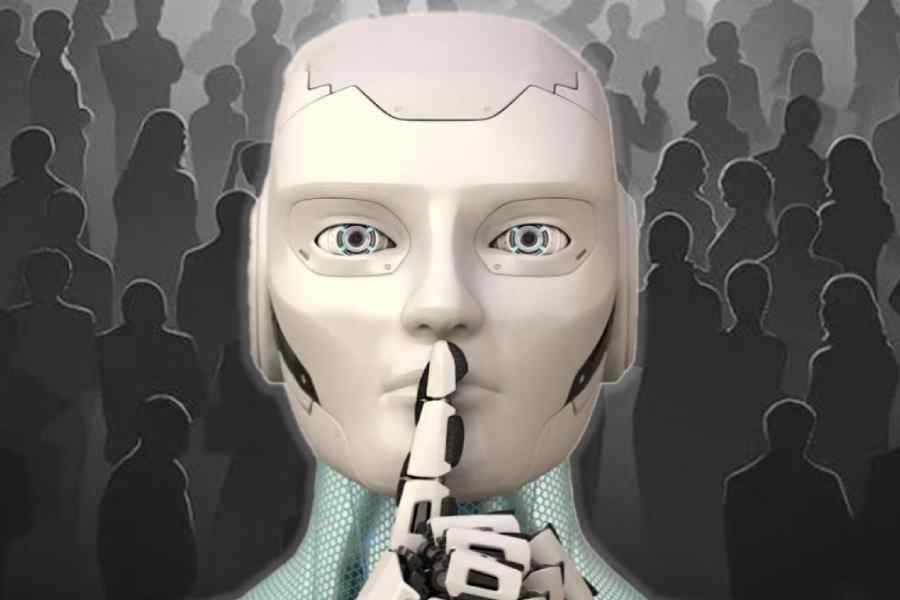Department of Research, Strategic Studies and International Relations 16-08-2024
Artificial intelligence (AI) has emerged as both a promising and perilous force in the digital age. While AI technology holds immense potential for advancing science, education, and societal welfare, its adoption has also exacerbated the crisis of human rights online.
The increasing use of AI has intensified the scale, speed, and precision of digital repression. Governments are now equipped with automated systems that enable more targeted and subtle forms of online censorship.
Meanwhile, purveyors of disinformation leverage AI-generated images, audio, and text to blur the line between truth and falsehood. Additionally, sophisticated surveillance systems scour social media for dissent, while massive datasets paired with facial recognition technology are used to identify and track prodemocracy protesters.
These technological advancements are further destabilizing an already fragile internet landscape. Global internet freedom has steadily declined for thirteen consecutive years, with 2023 marking a particularly troubling milestone.
Among the seventy countries analyzed by the Freedom on the Net project, twenty-nine saw a deterioration in online human rights conditions, while only twenty registered improvements. For the ninth consecutive year, China ranked as the worst offender in terms of internet freedom, though Myanmar came alarmingly close to overtaking it.
The steepest decline was recorded in Iran, followed by the Philippines, Belarus, Costa Rica, and Nicaragua. In over three-fourths of the countries studied, individuals faced arrest merely for expressing themselves online. Moreover, governments in a record forty-one countries resorted to censoring political, social, or religious content.
While the existential risks of future AI developments have sparked significant debate, it is crucial not to overlook the immediate threats that current AI technologies pose to internet freedom. Democratic policymakers must craft a regulatory framework for AI that prioritizes human rights, transparency, and accountability.
It is equally important for civil society, which has been instrumental in advancing human rights in the digital era, to play a central role in shaping these policies and to receive the necessary support to monitor AI systems.
Although AI has the potential to inflict significant harm, it also offers the possibility of safeguarding human rights provided the democratic community learns from the past decade of internet regulation.

